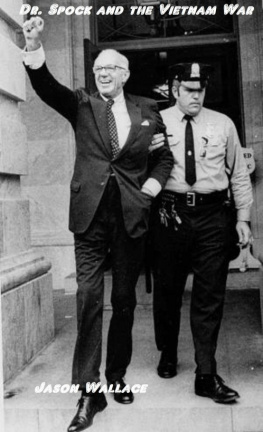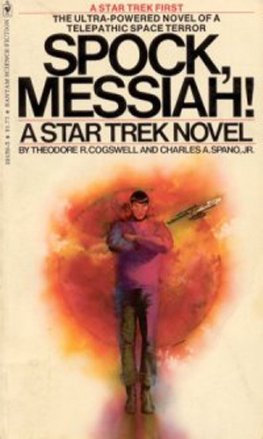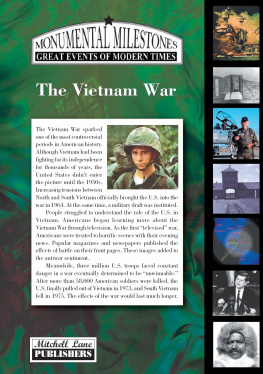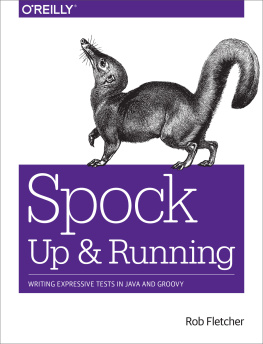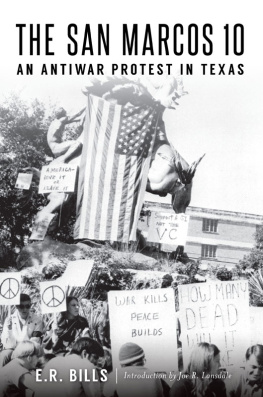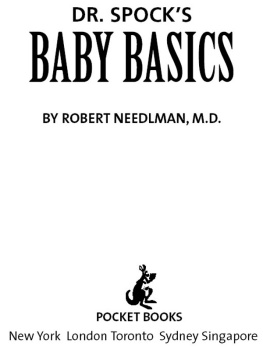Dr. Spock and the VietnamWar
By Jason Wallace
SmashwordsEdition
Published on Smashwords byJason Wallace
Dr. Spock and the VietnamWar
Copyright 2015 by JasonWallace
*This paper was written asan undergraduate history student, using very limited sourcematerial.
Dr. Benjamin Spock willalways be remembered by many as the pediatrician who changed theway parents reared their children, by many others as a Vietnam eraanti-war activist, and by his wife as a brilliant storyteller whoseparenting advice did not carry over to his own life. Few peoplerealize the lengths to which Benjamin Spock went to protest theVietnam War, including running for President of the United Statesin 1972, how iconic a figure he was in the antiwar movement, or howcritical his wife became of his work after hisdeath.
Dr. Spock did not give thedate of his birth but only that he was born in New Haven,Connecticut. Benjamins parents believed in old-fashioned valuesand tried to instill these beliefs in him, he being their eldestson. Benjamins mother was a puritan about sex but not squeamishabout birth, having a child every couple of years, always refusingto go to a hospital and often insisting on making an initialdiagnosis of pregnancy herself before asking a doctor to second it.Because of this, Benjamin grew up with a love for delivering babiesand a skill for childcare. Benjamin witnessed his little sister,Hiddy, nearly drown in front of him but soon developed the love forchildren that would dominate his life. There was such an agedifference between Benjamin and his brother Bob that Benjamin feltmore like Bobs father than older brother. It was particularlytaking care of Bob that made Benjamin want to go into pediatrics.Benjamin learned from his mother the importance of loving childrenand caring for them but admitted that he wanted to find pleasanterways of bringing up children than my mothers. So few childrenexisted where the Spocks spent their summers that Benjamin and hissiblings had only each other as friends.
Benjamin learned his lovefor children from his mother, of whom he claimed, her moralindignation colored her judgment, but it was Benjamins father whoBenjamin greatly admired and respected. Benjamin felt his motherwas too strict, controlling, and moralistic, greatly intimidatingher son. Benjamins father was grave but just, never losing histemper but afraid to interfere with his wifes disciplining of theSpock children. Benjamin, Jr. stated that he and his fathermaintained a distance between them, but that his father stilltaught him to be fair, reasonable, dependable, and self-controlled.Benjamin Spock, Sr. tried to educate his son not only in literaturebut in self-reliance. Both of Benjamin, Jr.s parents, however,were largely unaffectionate toward theirchildren.
When Dr. Spocks sonsaccused their father years later of not being affectionate withthem, Dr. Spock replied that it was precisely because of the lackof affection from his parents that he was not affectionate. Dr.Spocks second wife, Mary, said it was precisely Benjaminsupbringing and schedule that kept him from being close to his sons,causing them to resent their father. According to Mary, with otherpeoples babies, Dr. Spock was so serene that the babies couldmelt in his hand.
Ironically, Dr. Spock hasbeen blamed for contributing to the deaths of thousands of babiesdue to his teaching, in his book Babies andChild Care , to lay babies on their stomachsinstead of their backs when in the crib. This is believed to be theresult of SIDS, caused by suffocation from lying facedown.
Besides learning a love forchildren from his mother, Dr. Spock also gained a great sense ofindependence from her and a need to decide personal beliefs.Because of this, Dr. Spock was able to quickly build a disregardand deep criticism of U.S. President Lyndon Johnson and the VietnamWar.
Spock got into the antiwarmovement in stages, never planning to be a part of it. Dr. Spockwas initially intrigued by a pediatric issue of growing Cold Wartensions, the potential of nuclear weapons to cause cancer or otherbirth defects in infants. Because of this, in 1962, Dr. Spockjoined SANE (National Committee for a Sane Nuclear Policy). Dr.Spock was approached several weeks after joining SANE by a SANEboard member to write an advertisement for disarmament and have itpublished as a full-page ad in the New YorkTimes. Spock was soon voted cochairman ofSANE.
Spock used his position ascochairman of SANE to urge its members to join a peace march in NewYork in 1967. Spock found himself up against hard lineconservatives in the organization who feared allying themselveswith such efforts would raise serious questions about their loyaltyto the United States. The organization had come under scrutiny inthe 1950s by the House of Representatives Un-American ActivitiesCommittee, and many members chose not to relive that experience.Spock attempted to convince conservative members not only thatother antiwar groups were worth allying with but that SANE sponsorthe New York peace march. Spocks suggestion was rejected, butSpock would not be assuaged and announced that he would stillparticipate in the march. Conservative members became more vehementabout their opposition to Spock and tried to have him removed ascochairman, but the effort failed. Spock got more entrenched inantiwar politics, not simply advocating nuclear arms bans butparticipating in the National Conference for New Politics in 1967.It was a conglomerate political organization aimed at creating anultra-leftist national political movement. Spock was now seen aseven more of a risk for SANE and was asked to resign as cochairmandue to his heavy involvement in leftist politics and agreed. Spockretained membership in SANE but no leadership position, though hewould be contacted in 1980 to not only become more active in SANEbut to bring in other political organizations. SANE even namedtheir Washington, D.C. headquarters the Ben Spock PeaceCenter.
Dr. Spock has been widelybelieved to have been a very active participant in civildisobedience. According to Spock, however, he only participated inacts of civil disobedience twelve times in a twenty-five yearperiod, relying more on writing letters to politicians andnewspaper editors and political lobbying. Spock was reluctant totake part in any acts of civil disobedience because of anxiety andhaving been brought up to respect the law. He did not seekopportunities to take part in protests and other forms of civildisobedience but rather, had them presented to him. Because Dr.Spock was such an iconic figure in the antiwar movement, he wasseen as leading antiwar activists to commit crimes. Dr. Spock wasarrested in December, 1967 and soon indicted for conspiracy tocounsel, aid, and abet resistance to the draft. Spock and othersindicted with him were not allowed to base their defense on thelegality of the Vietnam War, and as a result, Spock and three outof four others were convicted for two counts of counseling. Dr.Spock had to serve one year of incarceration before having hisindictment overturned by the U.S. Court ofAppeals.
In 1971, a new politicalparty, the Peoples Party, was formed and chose Dr. Spock to run asits candidate for U.S. President. The Peoples Party stood stronglyagainst the U.S. draft and against all U.S. intervention in thirdworld countries, pushing tirelessly for an immediate end to theVietnam War. In the end, Dr. Spock received seventy-nine thousandvotes, getting on the ballot in only ten states. It was not enoughto make the kind of political statement that the Peoples Partyhoped to make, but it still showed that a large number of Americanswere so opposed to the Vietnam War that they would vote for a newpolitical party instead of trusting Democrats orRepublicans.
Dr. Benjamin Spock was amajor icon in psychology, parenting, and not as widely known, inthe antiwar movement of the Vietnam War era. Most people that knowof Dr. Spock think of him as a famous pediatrician but fail torealize what he contributed to the political scene of the 1960s and1970s. Spock was so influential that many parents unquestionablyfollowed his parenting advice, perhaps even leading to many babydeaths, and young men turned to him for advice on how to respond tothe federal draft. His influence reached such mammoth proportionsthat he was able to run for U.S. President and get many thousandsof votes, proving that many Americans would rather have trusted aninexperienced doctor over experienced politicians to run thenation. Dr. Spock will continue to live on in the hearts and mindof many, having shaped a generation, whether through the rearingtechniques of their parents or through advice and example on how totreat the Vietnam War.
Next page
